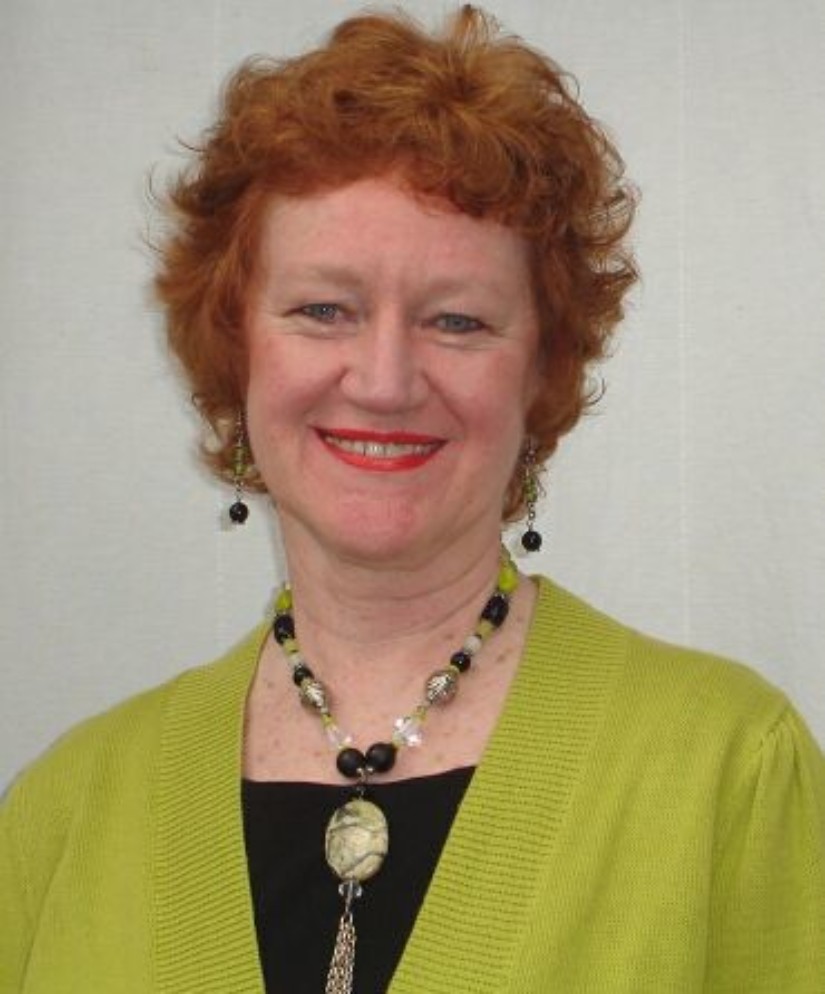I Will Help Researchers Transform Patient Lives – Kathryn Leaney
29 January 2020
News

I Will Help Researchers Transform Patient Lives
Kathryn Leaney
Who are you and what do you do?
My name is Kathryn Leaney and I’m a breast cancer survivor. I’m also a consumer research partner, which means I provide a patient perspective on a range of academic research projects.
I became interested in cancer research following my own diagnosis and initial treatment. In 2013, I attended the Cancer Council NSW Consumer in Research training and immediately saw the benefits of helping researchers connect the work they do with real, human outcomes.
Today, I am a member of several consumer review panels, including the Consumer Advisory Panel of the TCRN and Cancer Voices. I have presented on consumers in research at a Sydney cancer conference, a UNSW round table talk and several TCRN Information sessions, read widely about cancer, and have completed a number of online courses on various aspects of cancer research.
What is your motivation?
Research, especially basic bench-top research, is usually far removed from the end user – in a lab setting, researchers don’t really come into contact with the people who are supposed to benefit from their work. It’s easy to see how such research can be conducted in a vacuum, and so I see my role as helping these researchers to see that their research will and must mean something significant to a user and not to lose that focus.
My own experience of diagnosis and treatment revealed to me that there is a huge gap between the knowledge of the patients and that of the doctors – one has trouble asking and one has difficulty telling. If I can help researchers understand this and work to close that gap, I will be happy.
Ultimately, I want to bring about better diagnosis and more cost effective and efficient treatment for all cancer patients and hopefully reduce the burden of the disease on patients and their families.
What will you do this World Cancer Day?
I am a survivor and consumer partner. I will help researchers to transform patient lives.
This article is republished with permission. View the original article here.